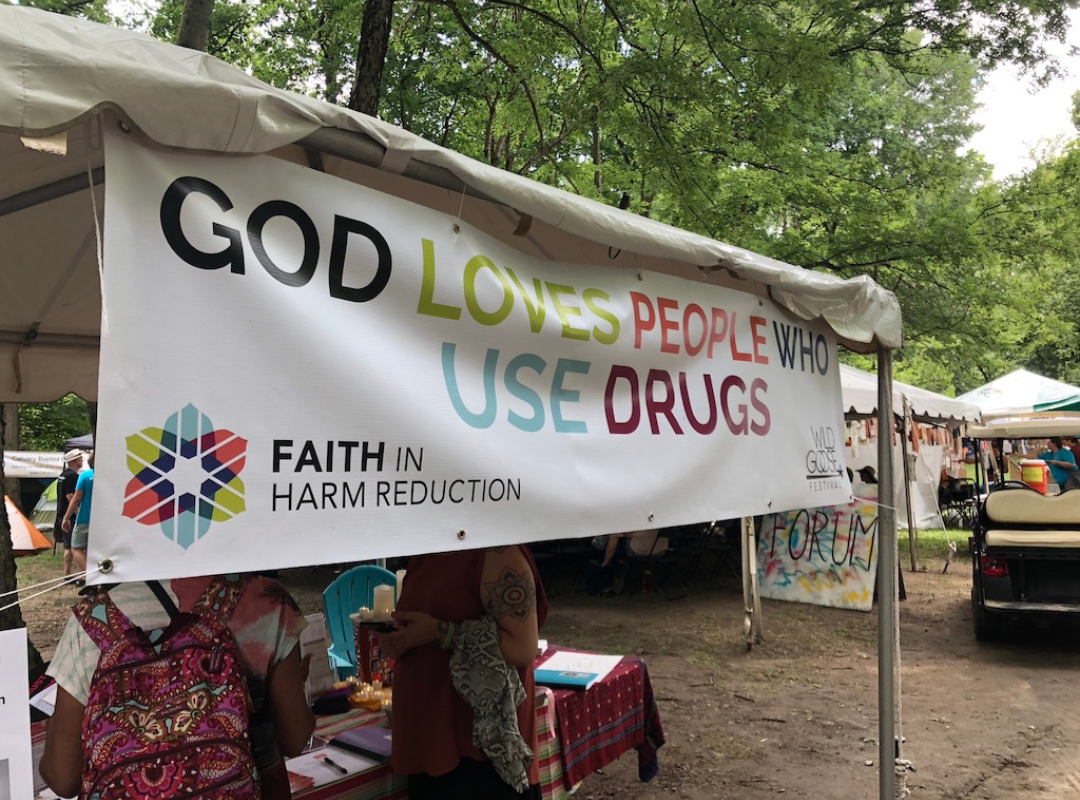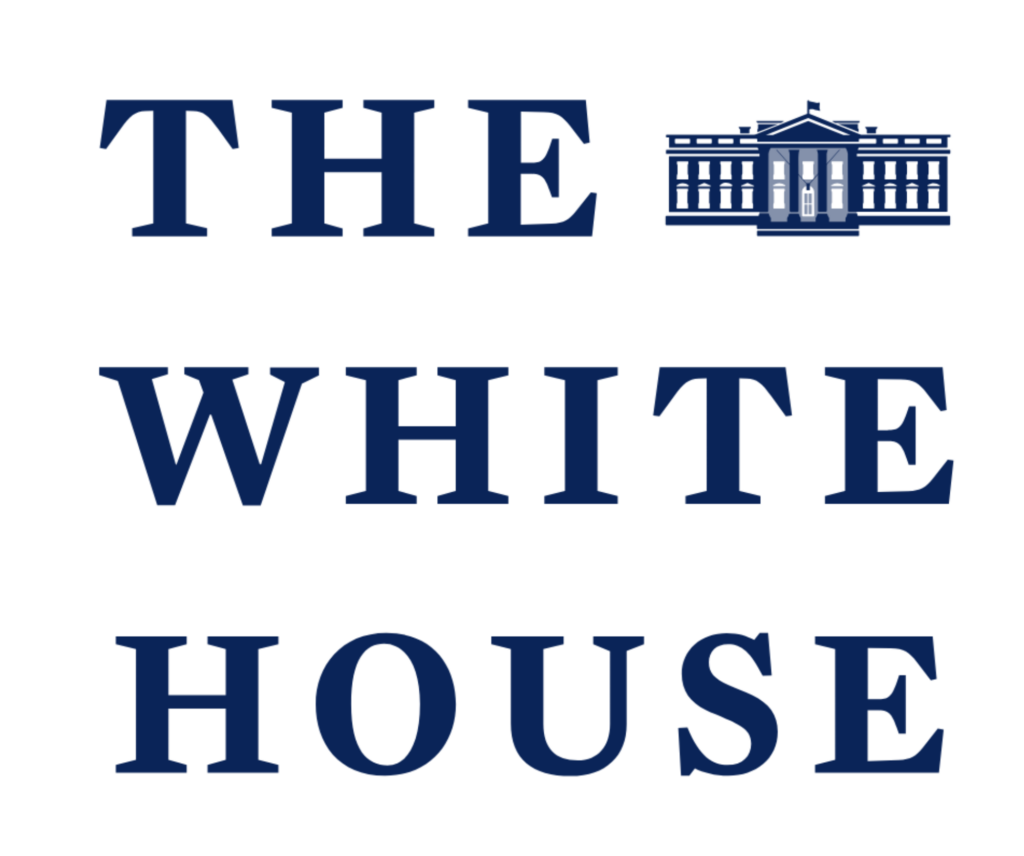This program works for a more compassionate response to the growing opioid epidemic, and by extension other forms of substance use. The evidence-based principles of harm reduction practices are central to the prevention of deaths by overdose and to reducing the negative effects of drug use on individual lives. Understanding harm reduction and that substance use disorder is a public health issue are at the very core of the program. Evidence readily supports the benefit of having faith communities and people of faith as compassion allies for people who use drugs.
Your faith community can help bring an end to the opioid crisis.
PHW is currently offering opioid workshops to faith communities who are ready to learn more about the opioid crisis and how they can respond in a faithful way.
These workshops are entirely free to your organization. If you schedule a workshop with us in 2024, you’ll be eligible to apply for funding to support an opioid-related initiative at your church, as funds are available.*
*Opioid workshops are open to worshiping faith communities or groups of faith leaders. Hosting an opioid workshop does not guarantee funding will be awarded to your faith community. Awards are based on the strength of application, community needs, and availability of funds.
Take The White House Challenge to Save Lives from Overdose
This program aims to mobilize faith communities in combating the overdose crisis. The initiative encourages faith organizations to take actionable steps towards preventing overdose deaths by increasing awareness and providing critical support to individuals and families affected by substance use disorder,
Pledge to become a Recovery Ready Worship Space
This program empowers places of worship to become Recovery Ready, acknowledging that Substance Use Disorder is a medical condition and promoting a culture of recovery and hope. By signing on to this document, your faith community is committing to supporting individuals in recovery, educating your communities, and providing a safe space for those seeking help.
We encourage all faith communities to sign on to one or both of these initiatives. When you do, please let us know, and we’ll highlight your faith community on our social media as being a Recovery Ready Worship Space! Questions? Contact us.

We’re here to help!
Are you interested in helping you faith community learn more about the overdose crisis? We’re here to help! Reach out to Donna Parks Hill for more information on how to schedule an opioid workshop: donna@ncchurches.org



